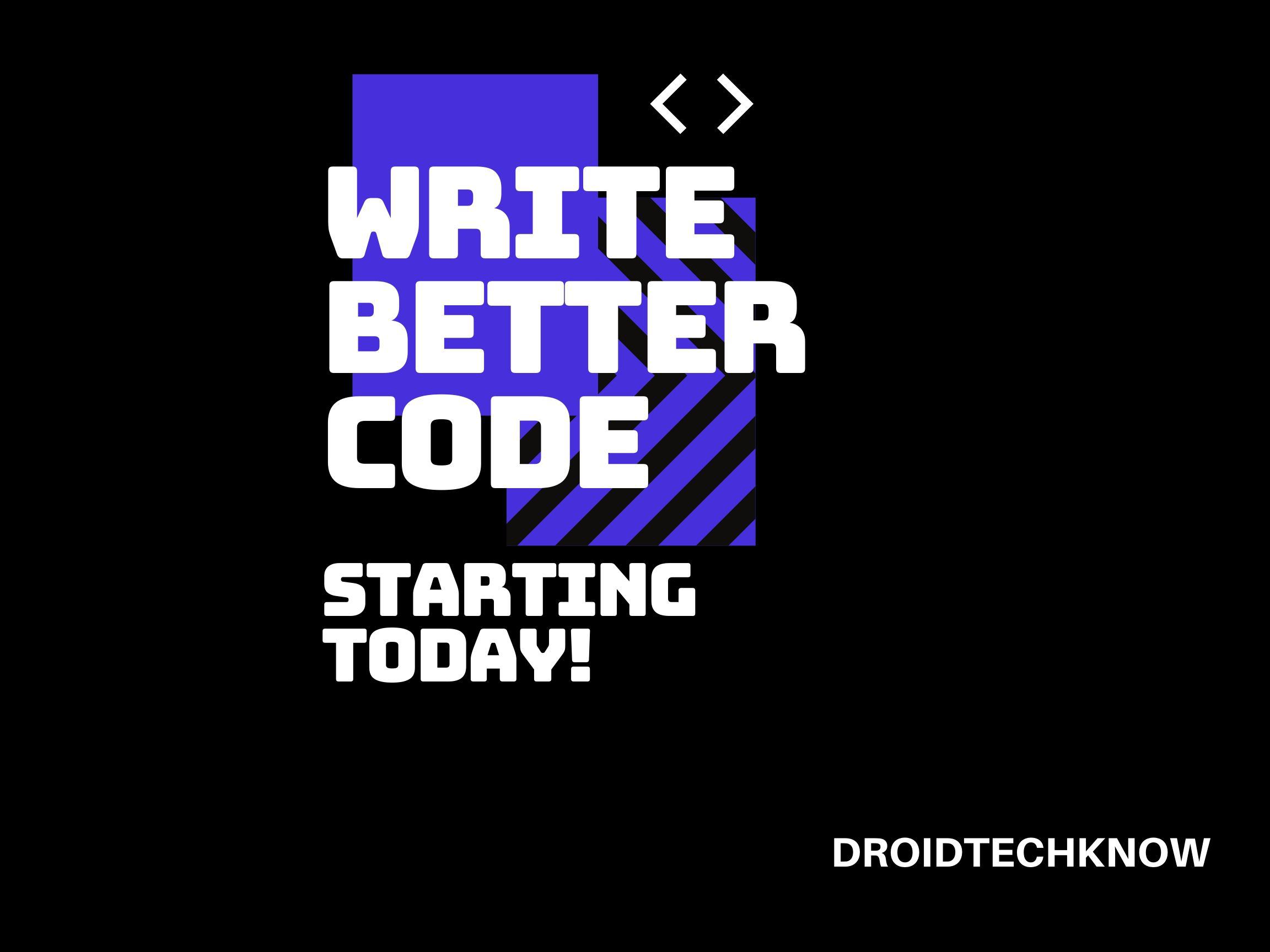
Coding and programming mistakes can’t be magically escaped just because we’re bound to make them. Good coding and programming constructs are the backbones to making efficient software. Everyone who ever tried writing some useful code knows the struggle. After all, it’s the result that matters. When the outcome of the program is as expected, the code is useful.
In programming, as in everything else, to be in error is to be reborn.
-Alan Perlis
Coding and programming mistakes are right under your nose
That being said, it’s very important to know beforehand the authentic principles of programming. No matter which technology, or language, it applies to all. Programmers learn from their mistakes. We are discussing how they can avoid making these coding and programming mistakes as they learn. We’re listing the most common and underrated mistakes, that should be thought through and avoided.
Contents [hide]
DRY or don’t repeat yourself
A broken and repetitive record loses its value over time. Same is in coding, repetition isn’t entertained. It causes redundancy of code.
A self-training rule can be maintained to check on how much code is being repeated. Make use of looping constructs, and functions to get the same work done. If you’re copying code form online sources, it’s best to double-check if you’ve introduced repetition in your code.
Bad variable names
Confusion in underlying meanings of variables isn’t desirable. A variable name must be such that it conveys exactly what it represents. Avoid using generic names that can be assumed to be under the same umbrella.
For instance,
RATE=9
is an ambiguous variable name, because there’s clarity missing on the type of rate it represents. It could be the rate of interest, rate of growth and so on.
Improper or no use of comments
So proper documentation is the lead to error-free code. Documentation is the necessary work to do if you are writing code. If you want to write good code then you should document each and every function of your code. In the future, if someone will work on your code then he/she will not spend much time understanding your code first.
Language overload
With new languages and technologies, there are overwhelming possibilities while making decisions on which language to use. The choice of framework, like Express or Node.js or development languages like Python or Java, or database selection using MongoDB or SQL is overwhelming. What a programmer must remember is that he has to provide a solution to the problem. The solution will automatically be aligned with the choice of language. Understand your problem statement, and work your way using languages as tools.
Code backup
It is emphasized enough to keep a backup of the work you are doing. Spending time on building the program and losing it is frustrating. Use Git for versioning, to overcome network failures or computer crashes just in case. Spreadsheets or documents must be backed up too, in case they aren’t frequently saved. Push your code every hour if you are working continuously.
Complicated code
Write the neatest and simplest pieces of code, which is easy to maintain and handle. Tiny pieces of programs are easier to look into in compassion with a collection of junk. If your written code is very complex then break down your written complex code into smaller pieces of functions for more understanding. Because in the future you need to handle your own code.
Asking questions
As long as you are asking questions, you learn varied possible answers. With new questions, every set of possible outcomes is explored. This in terms of coding helps with better planning before writing code. A programming journal can be maintained which helps in tracking relevant questions and answers. Veteran programmers can vouch for knowledge and idea-sharing they got from asking questions.
Planning
A good foundation makes the base of good architecture. Its easier to make a good base, than repairing the base in future- or in the worst case starting from a scratch. Try to think of the possible problems or outcomes you might encounter, and design your algorithm accordingly. It’s equally important to keep in mind, all the right desirable solutions from the set of available solutions- that will be handy.
Now you think of time constraints right? So time will be equal if you plan the things before writing the code and start writing the code without planning. Without planning you will definitely produce some bugs which consume more time to resolve them.
Not enjoying the process!
Take a break now and then. A refreshed mind is flexible and suggests new perspectives. Make the grind, without losing the essence of the purpose. Remember the end goal when you come back to working on your code. Coding and programming mistakes are and were existential- as a driving force to making better code than before. It’s a mix of trials and errors that eventually helps in learning.
Get inspired and code!
